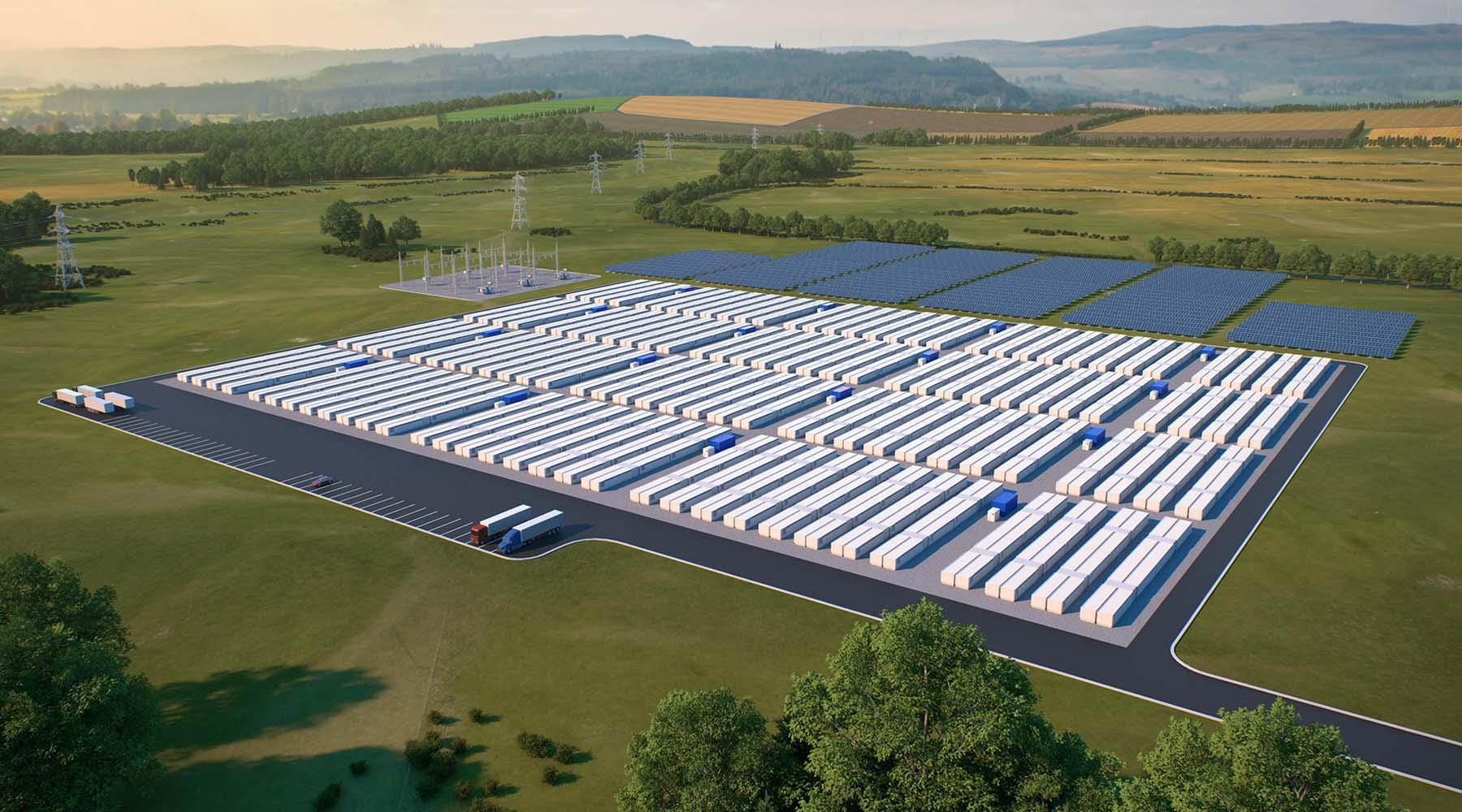Feed People, Power Economies, Foster Peace with Agrivoltaics

Amidst the noise, haste, and chaos of modern life there are more positive developments for humanity than one might think. Everyone focuses on the disasters of the climate crisis, and while those do motivate our daily work, we also feel it's important to highlight the hopeful - the very real innovations pushing our clean energy movement forward. This is the latest in our new column "Rational Cause for Optimism" by ReVision co-founder Phil Coupe.
Rational Cause for Optimism: Foster Peace with Agrivoltaics

When it was still part of the Soviet Union, Ukraine was called the 'breadbasket' of Russia because of its uncommonly fertile soil and climate. Now under vicious attack, Ukraine is fighting for survival against an immoral, nuclear-equipped authoritarian regime that wants to turn back the clock to the darkest of times.
This horrific war, unfolding before the world's fearful eyes, forces us to stretch our imagination in pursuit of rationality, optimism, and hope for a better future. Today we need to figure out how to starve dictators by weaning off fossil fuels while replacing the once-abundant output of Europe's badly damaged breadbasket.
Continuous innovation in agriculture and energy have kept much of the world reasonably well-fed and energized but we now face the dual threats of intensifying climate damage and political destabilization, both resulting from the global petro cartels that protect dictators like Putin and delay the urgently needed clean energy transition .
Thank goodness for people like Colorado-based farmer Byron Kominek, the driving force behind Jack's Solar Garden, who are finding ways to increase food and renewable energy production at what feels like a perilous hour for all. Installed by fellow B Corp and Amicus member Namaste Solar , Jack's Solar Garden is an experiment to integrate agriculture and clean energy production to see if a 'dual use' approach can help improve food and energy security.
Based on early results from Jack's Solar Garden, and from ongoing research worldwide, agrivoltaics (dual use farming) has immense potential to alleviate some of our worst problems. According to the 2021 report "Dual Use, Dual Value Solar Agrivoltaics Power Farm Economics," by Dr. Maggie Teliska and Michael P. Totten, just 1% of existing cultivated agricultural lands installing agrivoltaic microgrids could meet worldwide energy demand.
This fact complements a recent study by the Australian National University that discovered earth's topography and hydrogeology has the potential for 100 times more Pumped Hydro Energy Storage than what is needed for a global transition to 100% renewable energy.
Another recent report, "Agrivoltaics: Producing Solar Energy While Protecting Farmland," by Bill Pederson and Brooks Lamb, shows how the dual use approach can dramatically increase land productivity:

The results depicted above are already being actualized in the real-world of Jack's Solar Garden where Kominek was able to produce 8,600 pounds of produce by planting seeds between the rows of solar panels in 2021.

Jack's Solar Garden, Photo Credit: NPR
Food production and energy generation have long been viewed as incompatible on the same patch of earth, if not mutually exclusive. The successful proof of concept that is Jack's Solar Garden, along with solar grazing initiatives , has debunked the notion that clean, zero-emission solar energy production conflicts with farming. While crops can grow robustly between rows of solar panels, it turns out that livestock are the ideal 'lawnmowers' for ground-mounted solar arrays because they keep vegetation from growing tall enough to shade the panels:
Sunshine, solar panels and dual use farming are not going to stop the war in Ukraine nor shut down Russian oil production anytime soon, but they are rapidly becoming a potent antidote to the past, present and future negative impacts of our over-reliance on fossil fuels. As we scale up proven solutions like agrivoltaics, we will weaken the petro-cartels and the undemocratic, authoritarian dictatorships they help keep in power.




